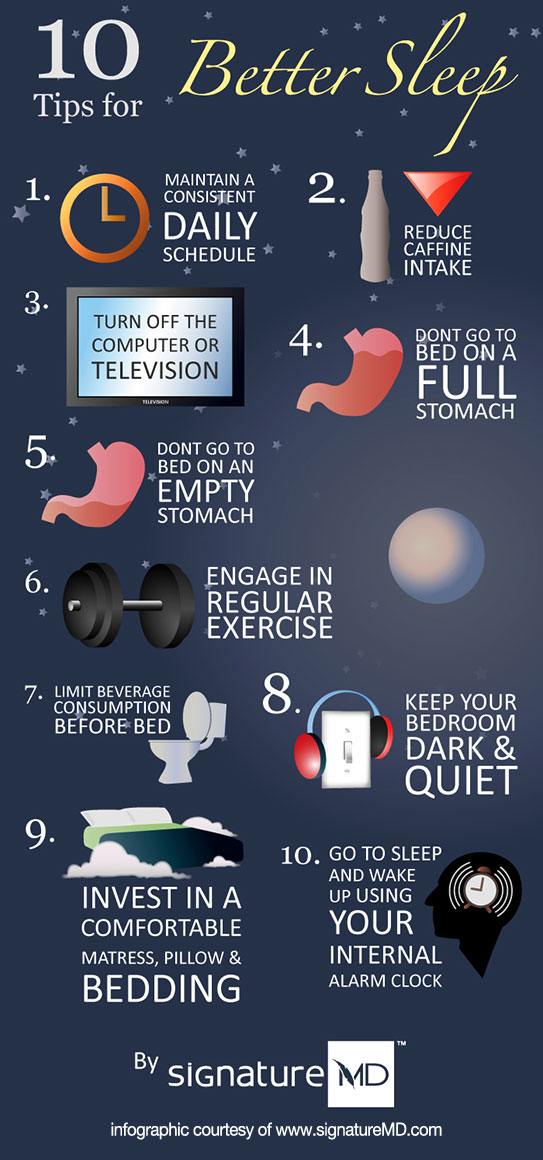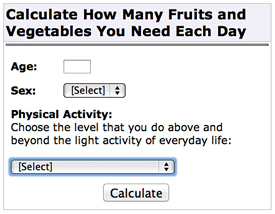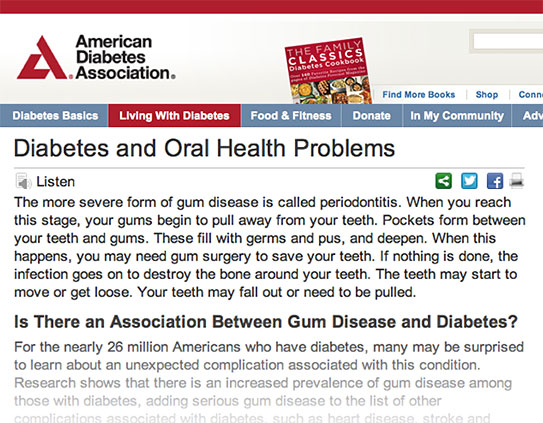
AFTER FINISHING LUNCH AT WORK, DO YOU BRUSH YOUR TEETH? A survey reveals that despite knowing that a healthy, attractive smile affects both personal wellness and professional image, very few people are brushing at the office.
The survey, carried out by The Academy of General Dentistry and Oral-B Laboratories, polled more than 1,000 full-time employees about their oral care habits and the importance of a healthy smile at work. Their findings were very interesting.
The Importance Of A Healthy Smile At Work
- 96% of respondents thought a smile was very or somewhat important to a person’s appearance.
- 40% ranked “smile” as the first thing they noticed about a person at work.
- 32% cited “bad breath” as their co-workers’ least attractive trait.
Office Eating And Brushing Stats
- 3/4 of respondents ate twice or more a day at work.
- Only 14% brushed their teeth!
Changing When You Brush
The sugars and starches in the food you eat can cause an “acid attack” on tooth enamel. Even after the visible evidence of food disappears, plaque bacteria continues to grow. If you don’t brush, those workday meals, snacks, and beverages stay on your teeth and can increase the likelihood of tooth decay and gum disease. So brush! Let’s adjust the when of brushing just a bit, to your advantage: brush your teeth after breakfast, after meals at work, and before you go to bed.
Some Foods Are Better For Your Teeth Than Others
Helpful Tips For Brushing At Work
- Leave a toothbrush at work and increase your likelihood of brushing by 65%!
- Step it up at home—the better you brush at home, the better you’ll brush at work.
Suggestions?
If you brush your teeth regularly at work, do you have any suggestions to help the rest of us, who may not be as valiant? Let us know in the comments below or on our Facebook page.

 5,000,000 TEETH ARE KNOCKED OUT during sporting events each year, according to the National Youth Sports Safety Foundation. Yes, that’s six zeros, meaning five million! If people don’t start protecting themselves, the Tooth Fairy may be able to retire—and we don’t want that!
5,000,000 TEETH ARE KNOCKED OUT during sporting events each year, according to the National Youth Sports Safety Foundation. Yes, that’s six zeros, meaning five million! If people don’t start protecting themselves, the Tooth Fairy may be able to retire—and we don’t want that!






 NEARLY EVERYONE KNOWS SOMEONE WHO is directly or indirectly affected by diabetes. Not only can diabetes be difficult to manage, but it can also increase a person’s risk for other major health problems—including oral health problems.
NEARLY EVERYONE KNOWS SOMEONE WHO is directly or indirectly affected by diabetes. Not only can diabetes be difficult to manage, but it can also increase a person’s risk for other major health problems—including oral health problems.